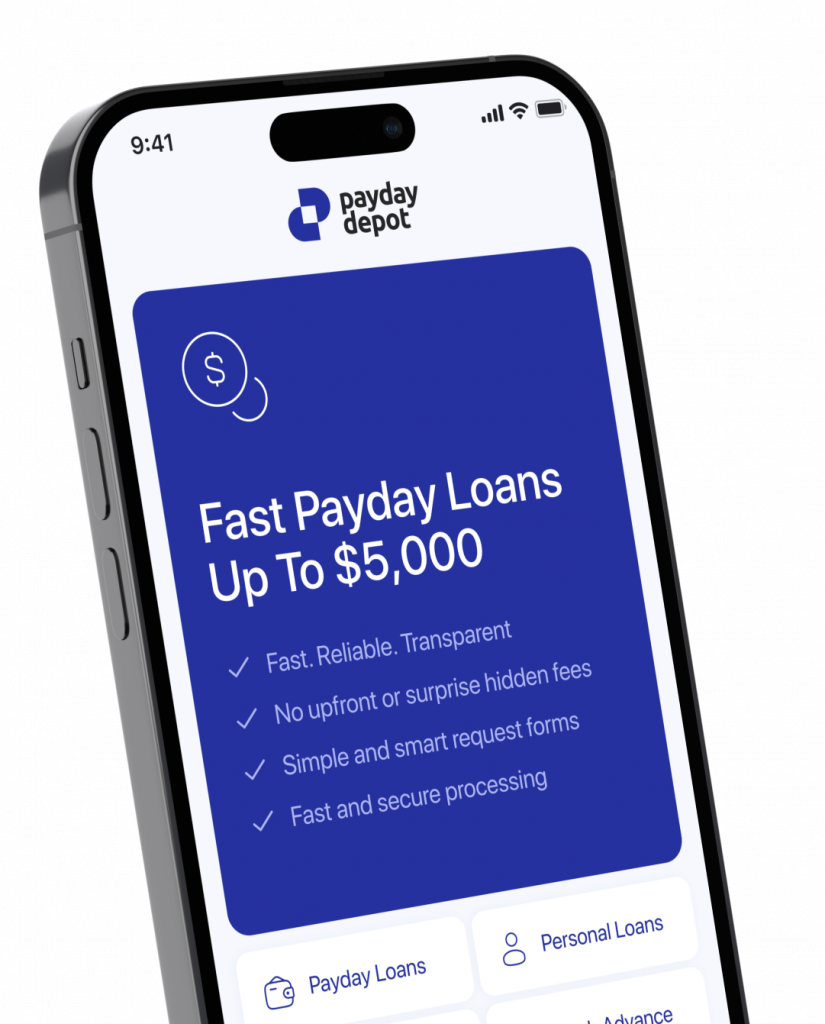Who Is Most Likely to Get Approved for a Personal Loan?
When deciding whether to grant a loan, the lender relies on two important factors:
- Compliance of the applicant with the loan eligibility criteria;
- Probability of loan repayment by a given borrower.
Loan eligibility criteria are the necessary conditions the lender imposes on all applicants. The probability of repaying a loan is an expert judgment made after studying all the borrower’s data. It is based on the lender’s experience with many other clients who have previously used its services.
A person who has a stable and significant income and a good credit history is most likely to get a loan. In addition, some secondary factors can sway the lender’s decision in favor of the borrower:
- Having property that can be used as collateral;
- Having guarantors with a good credit history and sufficient income.
Loan Eligibility Сriteria
To assess the chances of getting a loan, a person must first check whether the lender is authorized to provide a loan under US law and whether their credit and financial situation corresponds to the lender’s credit policy. These eligibility criteria may vary between lenders, so if you don’t meet the criteria of one of them, that’s no reason to stop your search.
The most significant factors for creditors may be the following:
- Age: Lenders set age limits for borrowing. The lower limit is 18 years old, and the upper limit can vary depending on the size of the loan, but in most cases, it is 60-65 years old, although it may be higher, especially for an applicant with a high income.
- Credit rating: An applicant with a good or excellent credit score is most likely to receive a loan, i.e., from 670 points and above. However, clients with a score of 580-670 also have a significant chance of getting approved for a personal loan. Applicants with a smaller credit rating may be provided with money but on less favorable terms.
- Income: Depending on the loan size you are asking for, the lender will determine how much income you have to pay off your debt on time without putting a significant dent in your budget.
- Employment: People with a stable job and a reliable employer have a better chance of being approved. If the applicant regularly changes jobs and works for a dubious employer at the time of submitting the application, they may be refused.
- Collateral: For personal loans, lenders do not require collateral in most cases. However, if the borrower scores low on other criteria, having a property to offer as collateral will be a big argument in their favor. For example, if an applicant has unstable employment or a low credit score but can pledge a car, real estate, etc., their chances of receiving a loan increase.
- Guarantor: The same goes for a guarantor — if someone is willing to pay the balance of the debt with interest in the event of your insolvency, the lender will be more favorable to your application.
